Sweat from the fingertips could provide a more comfortable and convenient alternative to blood testing to check that patients are taking their antipsychotic drugs, UK researchers have found.
The researchers, who were based at the University of Surrey, collected finger sweat samples from 60 patients receiving treatment with clozapine, quetiapine or olanzapine, before and after a hand washing procedure, and analysed them using liquid chromatography–mass spectrometry.
Sweat samples were also analysed from a drug-naïve control group and six patients who had handled antipsychotic medication – both in whole and crushed form – only.
They found that the finger sweat test was 100% effective in detecting commonly prescribed doses of antipsychotic medication. It could also distinguish between samples from participants who had only handled the medication, compared with those who had had the drug administered.
In a subgroup of patients prescribed clozapine, a statistically significant correlation was observed between the mass of parent drug in finger sweat and in blood, suggesting that the test was sufficiently sensitive for medical applications, for example in the treatment of schizophrenia.
‘The finger sweat technology has broader opportunities in [the] clinical environment, in quantitative monitoring antipsychotic medication or monitoring adherence to other treatment regimes,’ the researchers concluded.
References
K Longman et al, Front. Chem., 2023, DOI: 10.3389/fchem.2023.1245089





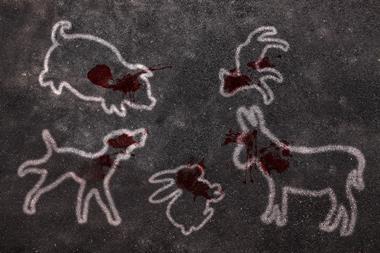

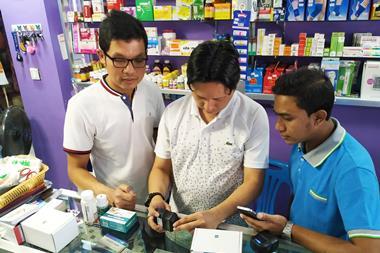
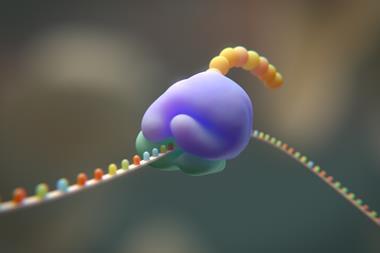




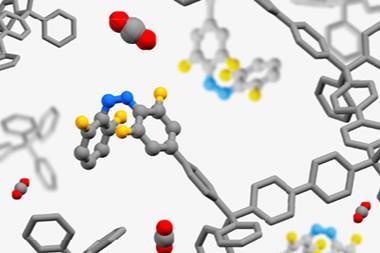
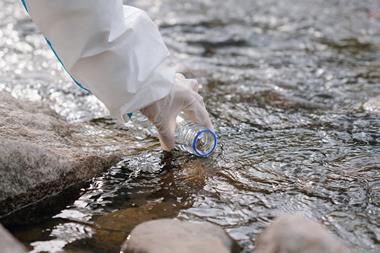


No comments yet